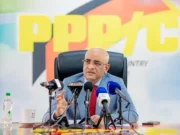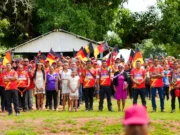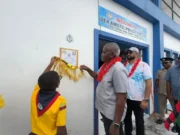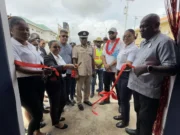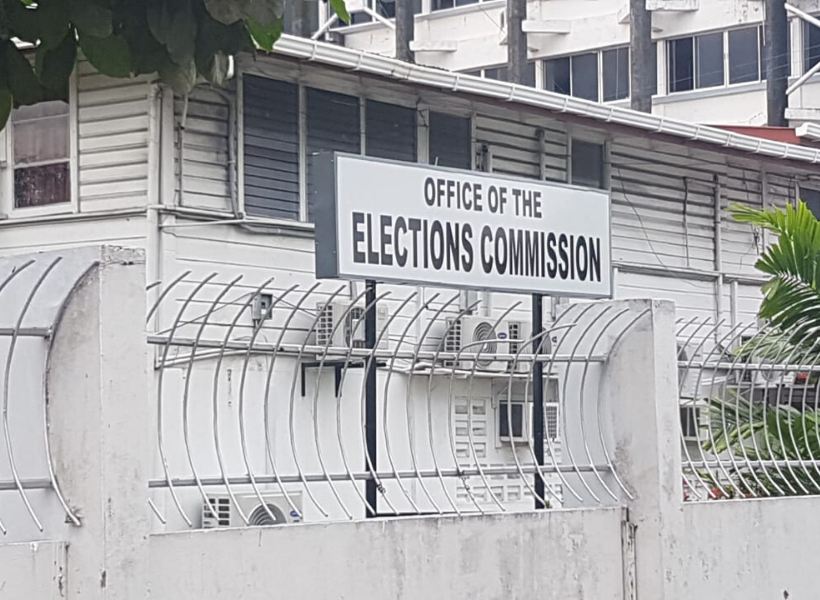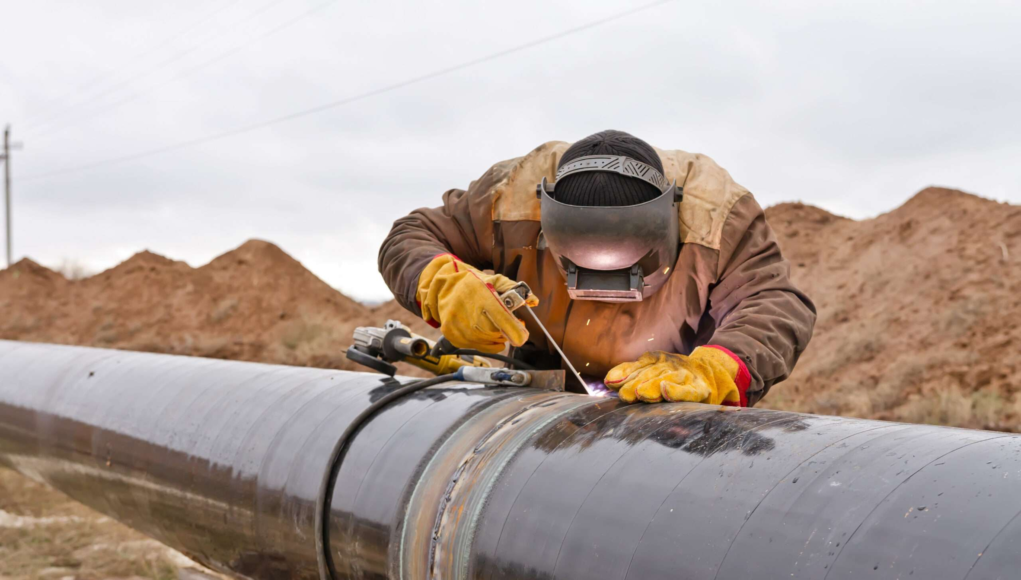The tender process which opened this week for Phase II of the Gas-to-Energy Project was dominated by international companies. According to information from the National Procurement and Tender Administration (NPTAB), seven bids were received.
Those who submitted their bids are: KarPowership Global DNCC, a United Emirates company; a United Kingdom and Luxemburg consortium, ENKA UK Construction Limited and Onex Holdings SCS; Andalusial Energy, a United States company; CXL Solutions LLC & LSI Group Sociedad Anonima of Guatemala; CH4 Systems LLC & Lindsaysa CH4 Guyana Inc. of Puerto Rico; J&L Supplies Guyana Inc. and LS Energia Inc., a United States consortium which includes Controlmatik, ESE Servicios Electromecanicos & Carlos Caballero.
Last year, the Government of Guyana (GoG) through the Office of the Prime Minister issued its Request for Proposals (RFP) for the project. The RFP, invited qualified firms to submit proposals to design, finance, and operate the next phase of the project, based on a 20-to-25-year Power Purchase Agreement (PPA).
Phase II is expected to build upon the initial success of Phase I, which involves the delivery of 50 million standard cubic feet per day (MMSCFD) of gas. For Phase II, the government anticipates an additional 75 MMSCFD, filling the 250 KM pipeline to Wales. The project will include the development of a 250 MW combined-cycle power plant, capable of generating 2,100 gigawatt-hours (GWH) of electricity annually, alongside a natural gas liquids (NGL) facility that will produce 6,000 barrels of propane, butane, and gasoline daily.
The RFP outlines the requirement for private sector investment in the project, with ownership and financing fully under the responsibility of the selected bidder. The investor will recover costs through the sale of electricity via the PPA and the monetization of NGLs. At the end of the agreement term, the entire facility will revert to the Government of Guyana at no cost.
The government has set stringent evaluation criteria, including experience in Engineering, Procurement, and Construction (EPC) for similar projects. Financial proposals must detail projections on revenue, expenses, and investment returns, alongside key scenarios related to payback through both PPA revenues and NGL sales.
Interested firms must also provide details on local content plans, outlining how they will incorporate local workforce and materials into the construction and operational phases of the project.
